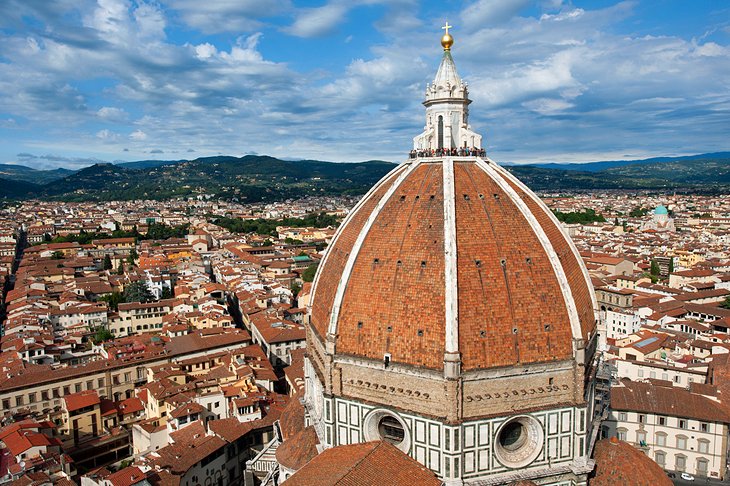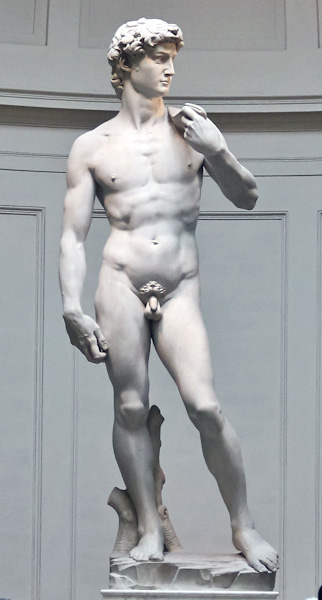Why the Renaissance did not happen
The Renaissance was an ongoing process that changed the form of European culture over many centuries, conventionally dated to around 1450-1550. The period was a time of exceptional curiosity and inventiveness in European art, architecture, ideas and technology.
economic prosperity was the basis of the Renaissance. Art and learning were luxuries that could be afforded through the increasing wealth of the elite. The major centres of the Renaissance were city states in Italy, such as Venice and Genoa, who grew rich from trade with the powerful Ottoman Empire. Intellectuals could be supported by the wealth as they were not required to work the fields as in agrarian societies. Renaissance intellectuals and artists were backward looking; they sought to learn from and emulate the achievements of the ancient world and incorporate their wisdom into the Christian faith. They were also inspired by a confident belief in progress through free enquiry and inventions.
Architecture was an area in which feats of antiquity was surpassed. One of the first major achievements of the Renaissance was the dome built for Florence cathedral in 1436 by Fillippo Brunelleschi. he had studied the ruins of Rome and the domed Pantheon before embarking on the project. It was a miraculous feat of engineering as well as an aesthetic masterpiece. Similar domes also crowned other ambitious buildings like St Peter's Basilica in Rome.
 |
| Dome of Florence Cathedral |
 |
| Michelangelo's David - an ideal representation of the human body |
Another factor was that the art and intellectual developments were only experienced by the local rulers who patronised artists and intellectuals as a means of expressing their own power and status. Much of their subjects had no idea that the renaissance was occurring, as it is estimated that only 5% of the population encountered the Renaissance's opulence. This is because the art and learning did not filter down from the upper echelons in the same way as technology does today. Most still lived unchanged lives of eking out an existence working the land as serfs or free tenants. The rediscovery of Aristotle for example, did not impact the lives of these people in slightest.
The distortion of this period is very significant as it illustrates the discerning nature of history. The past and history are two fundamentally different qualities. History is a narrative about the past, but the two are not inherently entwined, as the same traces of the past can be read differently by various discursive practices, and there are different interpretative readings (the intellectual developments The past is non-existent. It is entirely manifested in archives, or in the writings of other historians. No historian can entirely raise the spectre of the past and recover the entirety of by-gone events, because their quantity is limitless. As no one can recount a more than a fraction of what has occurred, a historian therefore has to decide, based on their own biases and agendas, whether or not an event is significant enough for a place in history.
are important to us today, but not to the people of the era).
History is not an objective quality, it is skewed by the viewpoints of the historian and, and the conventions of the era they exist in. George Orwell, the acclaimed writer and journalist aptly summarises this in his dystopian novel ‘1984’; ‘Who controls the past controls the future: who controls the present controls the past’. All groups and classes construct histories for themselves, in a manner that one might write an autobiography.
Bibliography
'The Renaissance' - Dr David Parrott
'What is History' - Carr
'Rethinking History' - Jenkins
'1984' - Orwell
Comments
Post a Comment